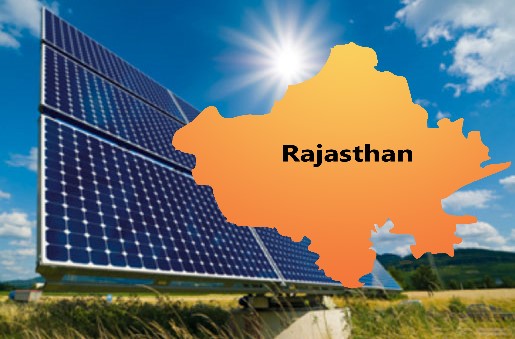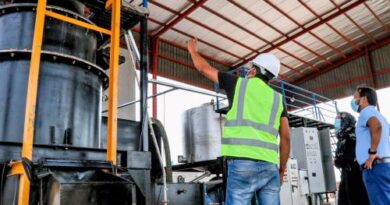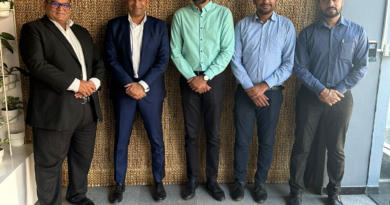Rajasthan Working on new Policy for Environmental Protection

Rajasthan Chief Minister Ashok Gehlot has said that the state government will soon bring a new policy for environmental protection as he noted that global climate change is a serious challenge. Gehlot was addressing the annual media conclave on the environment at Anil Agarwal Environment Training Institute, Neemali in Alwar district.
“Indiscriminate race for development has led to climate change around the world, the consequences of which are being seen,” the chief minister said. He noted that global climate change is a “serious challenge”.
“All of us should play a positive role in environmental protection. The state government will soon bring a new policy in the state for environmental protection,” the CM said.
He said former prime minister Indira Gandhi had not only expressed her concern on the subject but also made global efforts to solve it. The chief minister said media can play an important role in connecting the younger generation to environmental protection.
Gehlot said there are immense possibilities of solar and wind energy in Rajasthan. The state government has introduced a new policy to encourage them, he said. “When I was the chief minister about 20 years ago, solar power production in Rajasthan was 2 MW, now it has increased to 4,000 MW. The state government is committed to taking this to a greater level,” he said.
The chief minister asserted that the government is making efforts to meet the target of afforestation on 20 percent of land in Rajasthan. He also referred to the policy brought by the state government to provide relief to the patients of silicosis, a lung disease.
Gehlot also released the “Annual State of India’s Environment Report 2020” on the occasion. Rajasthan Labour Minister Tikaram Jully, Women and Child Development Minister Mamta Bhupesh, several MLAs and other dignitaries were among those who attended the conclave.
Earlier in January, we had reported that for the tenth consecutive year, wind energy and solar energy plants have helped Western Rajasthan generate surplus power, and in turn, have helped in considerably reducing greenhouse gas emissions. The combined production of solar and wind energy is much higher than the average energy requirement varying between 130 MW and 140 MW in the Jaisalmer district. This reduces the dependence on thermal power plants or gas turbines which causes air pollution, an official had said.




